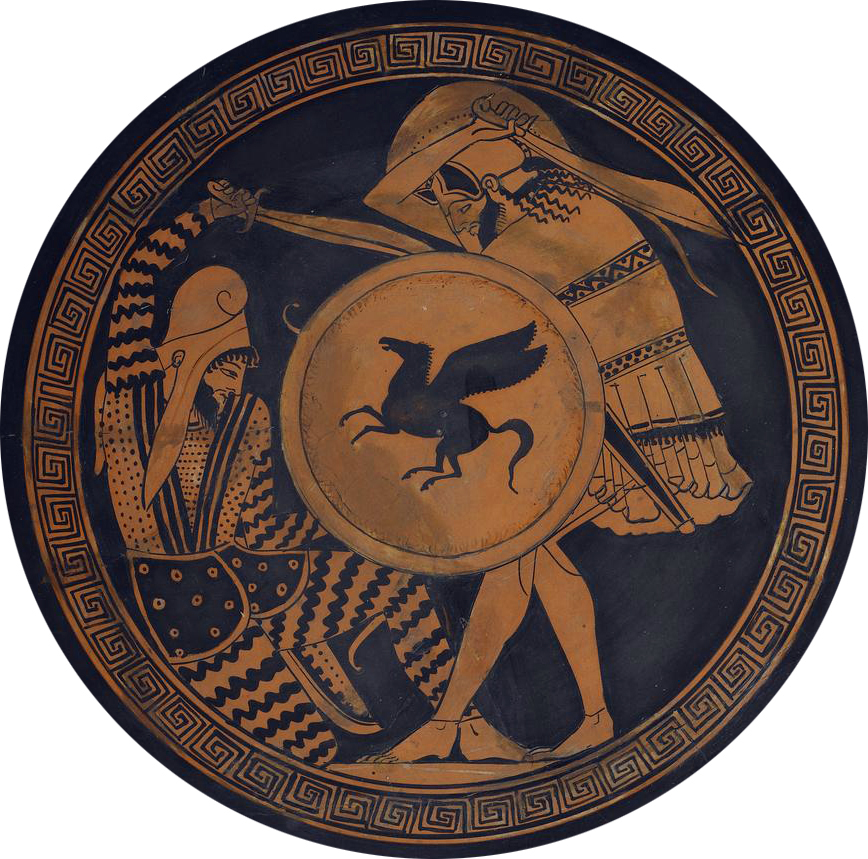The Rules of Battle

One of the paradoxes of warfare is that for it to occur, the combatants have to share comparable views of how war is waged. They must share the same, or similar, war cultures. Indeed, the whole idea of a determining battle deciding the winner and the loser is part of a particular idea of war that is not universal. Threading it back through the past, it seems to have originated from the internecine warfare of the Greek city states. The citizen soldiers of the city states could not afford to be away from their homes during harvest since missing the harvest meant starvation. So rather than the long-drawn out conflicts of raiding and slave taking that characterised ancient warfare before the Greeks, the armies of the city states met and decided it all in a furious clash of arms, leaving the dead for the dogs and the living time to return home and harvest their crops.
When the Persians invaded Greece, there was a clash of very different military cultures. The Persians did not expect to have to fight set-piece battles with an enemy that would rather die than retreat – withdrawal to fight again another day was perfectly respectable within their military culture. There must have been a consuming feeling among the Persian officers that the Greeks weren’t fighting fair. But it was rather that the Greeks were fighting a different kind of war, and no one had told the Persians.
0 Comments